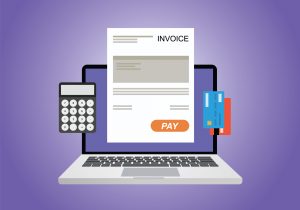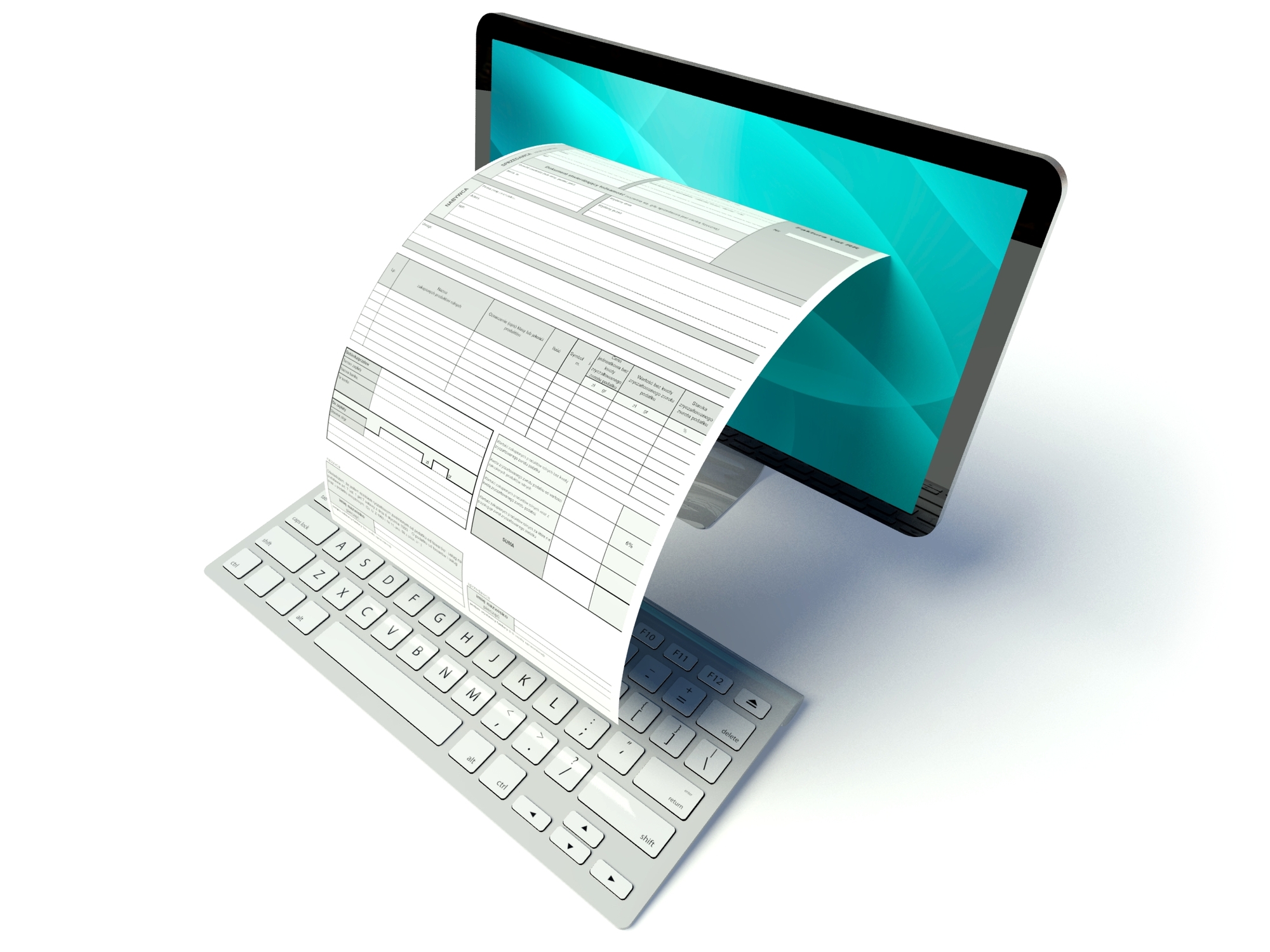Electronic Invoicing is an exchange of the invoice documents between the seller party (the one who provides goods and/or services) and the buyer (the one who receives an integrated electronic document) and can be done directly with the involvement of third parties like authorities or designated agencies responsible for invoice registration and sometimes distribution.
So why is electronic invoicing becoming so popular? We all know that CIOs and CFOs are always on the hunt for process innovation and automation trying to increase operational efficiency reducing costs, but who is not? That’s not the trigger. The answer actually lies in a different field.
Since tax authorities realized that tax evasion has recently hit ⅓ of the taxes collected globally, they started using electronic invoicing as a powerful tool to fight tax fraud. As an example, we can see mandatory invoicing introduced in countries with higher levels of corruption or fraud.
The patterns of implementing electronic invoicing globally are quite similar and the process starts from authorities enforcing electronic invoicing to fight tax evasion in focusing on the public sector and rolling it into other types of businesses and operations afterward.
Electronic invoicing is required in about 60 countries worldwide and the number is growing rapidly.
Strategy and Current State
Microsoft Dynamics Globalization offering consists of three main pillars:
- Out-of-the-box country/region coverage for Dynamics 365 applications – the feature covers legal requirements for 42 countries and regions with specific functionality that is translated into 47 languages. Regulatory compliance is also being covered for all the supported countries and regions monitoring legislation changes to release functional requirements to address them.
The MS team publishes the release plan through a service lifecycle to let customers and partners discover what’s coming next. - Out-of-the-box globalization functionality is complemented by ISV localization solutions published at AppSource. Currently, there are more than 50 localization solutions available, and the number is constantly growing.
- Finally, globalization functionality offers an innovative no/low code extensibility model through configurable tools and services being a real differentiator of the globalization offering. Organizations are empowered to extend existing configurations while creating new ones, customizing required functions in the most frequently changing functional areas.
Using configurable globalization, customers and partners are extending existing functionality which resulted in a repository of thousands of configurations created already and used in more than 100 countries.
Electronic Invoicing Add-on for Dynamics 365
So what does Microsoft do particularly around invoicing and what is the electronic invoicing add-on is? The answer is relatively simple – leveraging existing configurable globalization tools like electronic reporting MS team enriched the portfolio of globalization services with a new one to extend electronic invoicing capabilities and processes for Dynamics 365 applications. Three main principles were used to build ones:
- The extensibility model uses configurations to create formats for electronic invoice transformation and configurable integrations to enable document exchange web services configurations. Configurations are put all together with workflow definitions into packages to simplify the process of enabling scenarios and support the whole lifecycle including creation, set up, and maintenance.
- The add-on has consistent functionality across regions with document processing audit trial. It also has consistent extensibility by ISVs and partners to create a seamless user experience regardless of whether the functionality is built by Microsoft or an ISV.
- Finally, out-of-the-box functionality has been extended to provide more export & import formats for Egypt as well as additional export & import formats for already existing countries.
Looking at the requirement perspective, the electronic invoicing must comply with the digital format specified by the government. And electronic invoicing extension also can vary between PDF, XML, JSON – just like either show or even texting. In some countries, the electronic invoice must be approved by the web services normally hosted by the government or by a party accredited for this purpose.
Another common requirement is the application of digital signatures to assure that the identity of the electronic invoice issued. In some countries, it’s the duty of the electronic invoice issue to keep the electronic invoice file in case of future tax auditing.
Just make sure to comply with all requirements before implementing or contact your Dynamics partner for the help!



